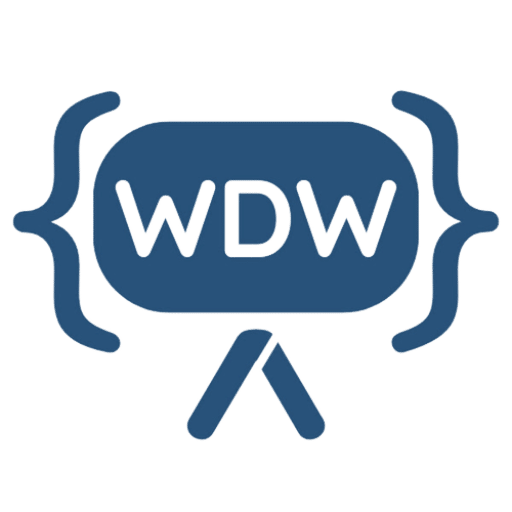**OpenAI Unveils AgentKit: A Game-Changer for AI Development**
At the OpenAI Dev Day 2025, CEO Sam Altman took the stage with his signature smile and an innovative toolkit designed to revolutionize AI development. AgentKit, as it’s called, is a comprehensive suite of tools aimed at making the creation of AI agents as straightforward as building a website on platforms like Squarespace, but with a twist: these agents are designed to take action, not just generate text.
Altman pitched AgentKit as the “Swiss Army knife of AI development,” a tool that significantly reduces friction in the process of building, deploying, and optimizing agent workflows. The underlying idea is to help developers transform their half-baked prototypes into fully autonomous agents capable of handling complex tasks, freeing up human time for more creative and strategic pursuits.
Last year’s theme was “ChatGPT can do more”; this year, OpenAI has upped the ante with “Now it can hire itself an assistant.” AgentKit is the company’s latest attempt to attract developers in an increasingly competitive landscape, where tech giants like Anthropic and Google are also racing to create AI agents that can handle routine tasks, from scheduling to decision-making.
The toolkit comes packed with several new components. The standout feature is Agent Builder, likened by Altman to “Canva for agents.” This drag-and-drop interface allows developers to visually design logic and steps, bypassing the need to grapple with intricate API documentation. It’s a significant step towards democratizing AI development, making it accessible to a broader range of coders.
ChatKit is another powerful addition, empowering anyone to embed chat interfaces directly into their apps. These interfaces can be customized to match the branding and tone of voice of any company, ensuring a seamless user experience.
For those eager to assess the capabilities of their AI agents, Evals for Agents offers a suite of grading tools, datasets, and automated prompt optimization. It’s essentially a report card for your AI coworker, providing valuable insights into its strengths and areas for improvement.
The Connector Registry is another noteworthy feature, enabling developers to safely connect AI agents to both internal tools and external systems. It comes with an “admin control panel,” which, while suspiciously reminiscent of a mission control for AI, is designed to provide a centralized hub for managing these connections.
To demonstrate the power of AgentKit, OpenAI engineer Christina Huang built two fully functional agents live on stage in a mere eight minutes. The crowd’s enthusiastic response was a testament to the toolkit’s potential, and Altman couldn’t help but quip, “This is all the stuff we wished we had when building our first agents.”
AgentKit isn’t just another development tool; it’s OpenAI’s big bet on the future of applications. The company believes that the next wave of apps won’t just be able to communicate; they’ll be able to act, making AI agents an integral part of our digital landscape.
As the AI revolution continues to gather pace, tools like AgentKit are set to play a pivotal role in shaping its trajectory. They democratize AI development, making it accessible to a wider range of developers and enabling the creation of more sophisticated, autonomous agents. Whether it’s handling routine tasks, providing assistance, or even making decisions, the AI agents of tomorrow promise to be more capable and versatile than ever before.
However, as with any powerful technology, there are also challenges and ethical considerations to navigate. As AI agents become more prevalent, it’s crucial to ensure they are developed and deployed responsibly, with a keen eye on issues like privacy, security, and bias. OpenAI, with its latest offering, is not just providing a powerful toolkit for developers; it’s also sparking a conversation about the future of AI and the role it will play in our lives.
In conclusion, AgentKit is more than just a tool for creating AI agents; it’s a statement of intent from OpenAI. It signals the company’s commitment to pushing the boundaries of AI development and its belief in a future where AI agents are not just conversational, but also capable of taking meaningful action. As the AI race continues, tools like AgentKit will be instrumental in determining who leads the pack, and OpenAI has just upped its game with a powerful new toolkit that could redefine the landscape of AI development.
